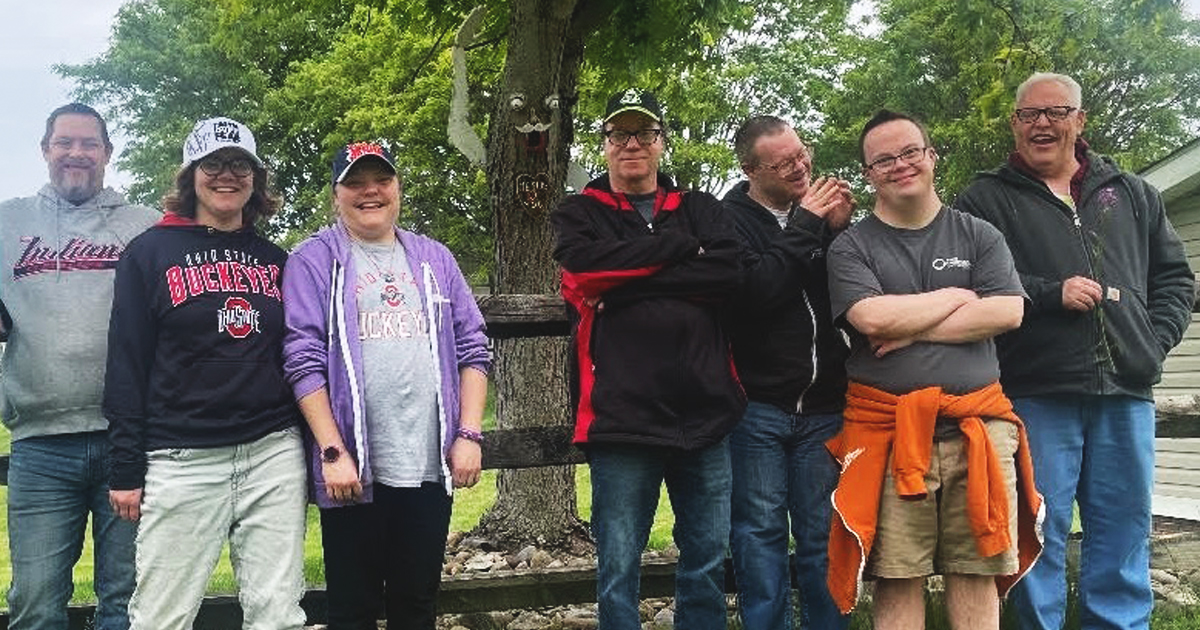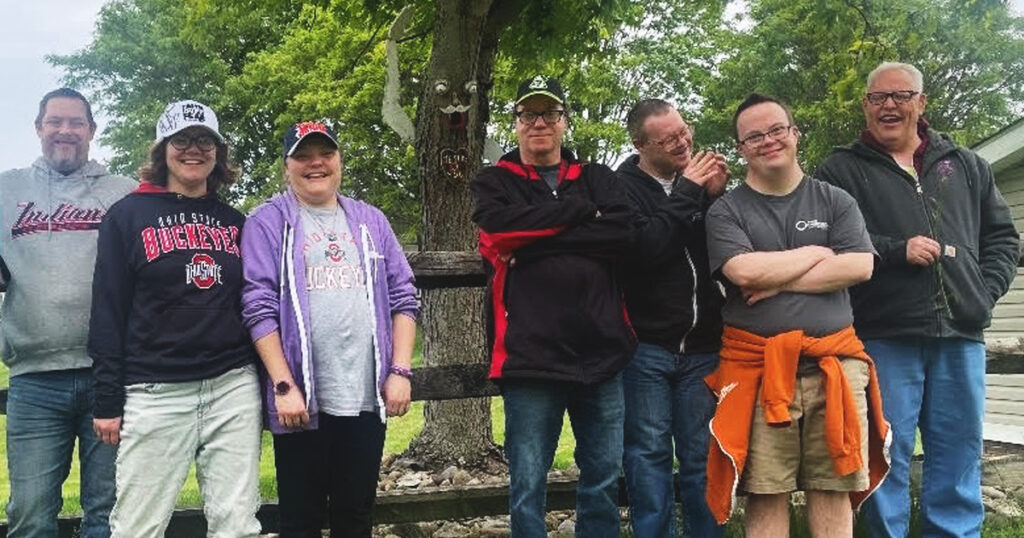

Kids with IDD don’t stay kids forever—churches must grow with them, honoring them as adults with real needs, gifts, and purpose. No, they can’t stay in Children’s Ministry or Student Ministry forever. You must treat adults like adults and move towards integration and service.
Adults with IDD are seen any other church member, with gifts to contribute, not just recipients of care. There is an emphasis on full inclusion in worship, small groups, and service. This also creates spaces for friendships to develop.
Lean on scripture such as “We all have gifts.” Romans 12:6 and “The Holy Spirit is given to each of us in a special way. That is for the good of all.” 1 Corinthians 12:7. Work to match responsibilities to each person’s ability and passion. This is time to think BIG! Think Leadership! Don’t limit people to just being greeters.
Continued specialized discipleship opportunities are still important and no different than having a specific group for seniors, men, women, etc. Teach using developmentally appropriate materials. Work toward achieving goals such as decisions for Jesus, becoming more like Jesus, and being equipped to serve.
As young adults age out of school, sports leagues, and other opportunities, a great need for socialization arises. Churches are great at this already! Incorporate movies, bowling, Jesus Prom, karaoke nights, holiday parties, etc.
Only 16.8% of working-age individuals (ages 16–64) with intellectual disabilities are employed—a stark contrast to 61.3% for those without disabilities. This is a HUGE opportunity for churches to have an impact in their community. Hire, offer job training, internships, etc.
With only 16.8% of adults with IDD being employed, many more attend day programming during the week post-high school. There is a lack of “faith-based” options in adult day programs creating a unique opportunity for churches to bring hope their communities. If starting a day program is not a current option, get involved in your community day programs and be a blessing to them!
As children with disabilities grow into adults, the need for support from families and caregivers does not disappear—it simply takes new forms. Continue to provide respite events, support groups, pastoral care, family planning, family inclusive ministry options and events.
In 2006, 61% of people with an intellectual disability were living with their families, and over 700,000 of those individuals were living with parents aged over 60. The church has an amazing opportunity to bring hope to families by providing residential care or blessing those that do.


